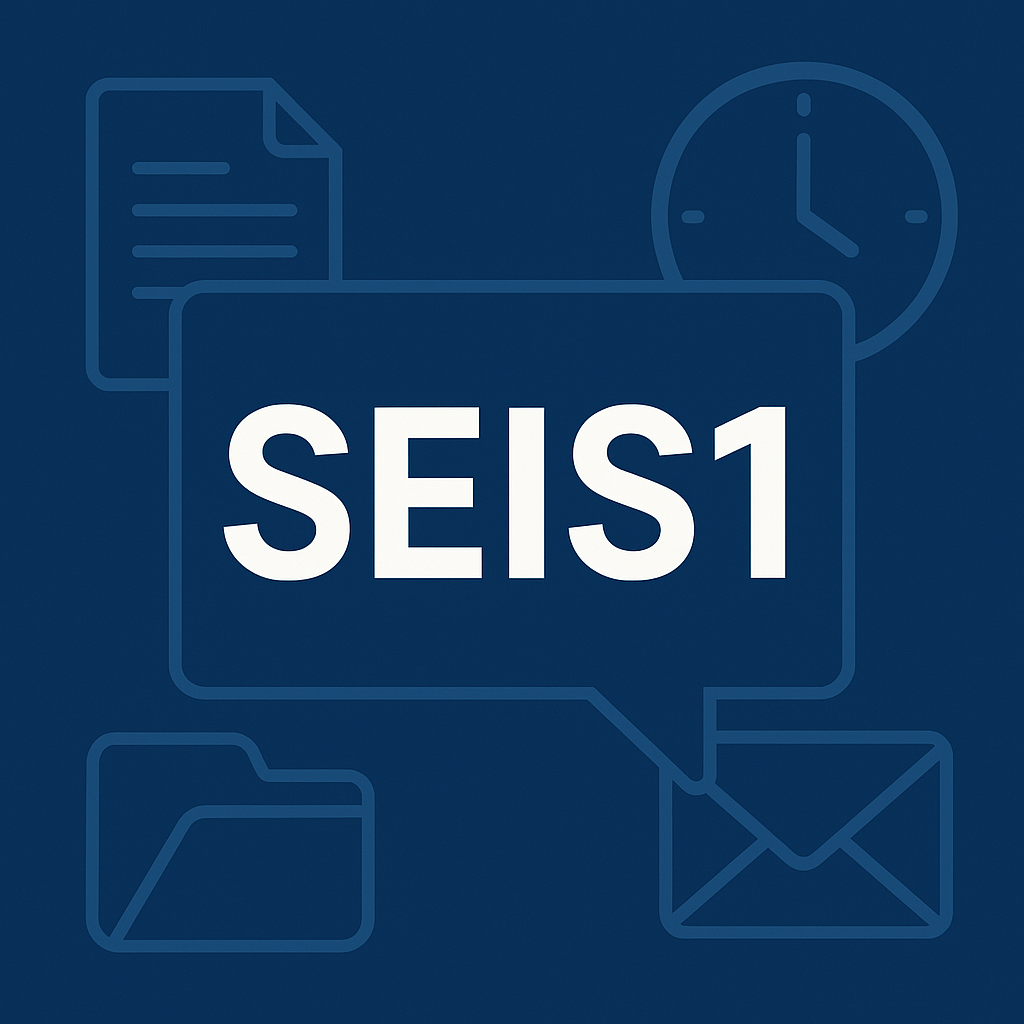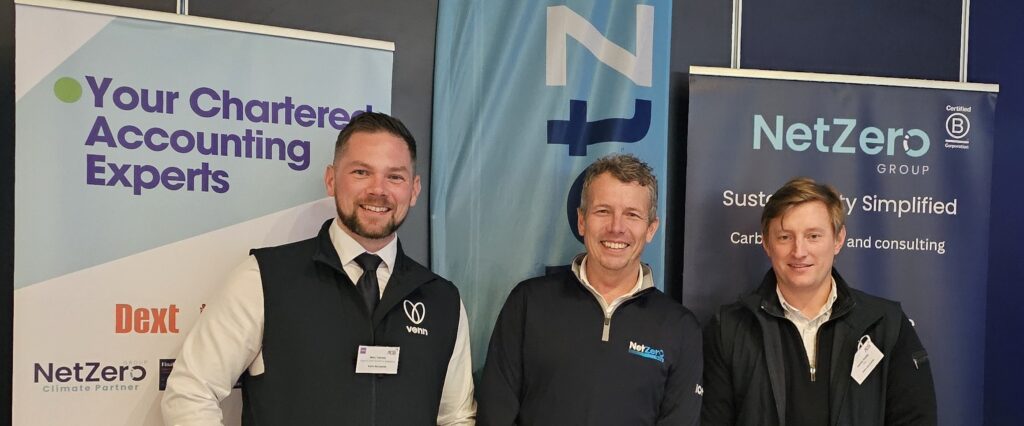Employment-related securities (ERS) are shares or securities that a company gives to its employees.
These can include HMRC-approved share schemes, such as enterprise management incentives (EMIs).
They are popular ways for companies to reward, incentivize, and retain their key employees.
However, there are also non-tax-advantaged employment-related securities, and these schemes may result in employees becoming liable to pay more income tax.
There may also be capital gains or inheritance tax implications for an employer making the gift.
Consequently, employment-related securities represent an important area of compliance, and companies must make sure they tell HMRC about any ERS schemes they are running.
What Types of ERS Schemes Are There?
Approved ERS schemes include these tax-advantaged share schemes:
- Enterprise management incentive (EMI)
- Company share option plans (CSOP)
- Share incentive plans (SIP)
- Save as you earn (SAYE).
Under tax-advantaged share schemes, employees will not pay income tax or national insurance on:
- Shares purchased at less than their market value
- Free shares
- The granting of options to buy shares
- The exercising of options to buy shares
Enterprise Management Incentive (EMI)
EMIs are designed to enable employers to grant share options to employees.
These shares are tax-advantaged, incurring no income tax charges or national insurance contributions, provided they are granted at market value.
They are aimed at smaller, higher-risk companies that are looking for ways to attract and retain talented employees.
Each option entitles an employee to purchase future shares in the company, with the price agreed at the time that the option is granted.
This means that individual benefits if the share price rises between the granting of an option and the purchasing of the shares.
To qualify, the company must not carry out excluded activities.
It can grant options under the scheme up to a market value of £250,000 for each employee.
However, the total value of share options granted to all employees must not exceed £3 million. Meanwhile, the company’s gross assets must not exceed £30 million.
Because this is an incentive scheme, typically the company will grant share options subject to individuals meeting performance targets.
Company Share Option Plan (CSOP)
The CSOP is a tax-advantaged, discretionary share option plan. Under the terms of this type of plan, the employee or director acquiring the shares must do so at a price that is not less than their market value.
Each employee can only receive £30,000 of options maximum. These shares are only exempt from income tax if the individual holds them for at least three years.
This type of tax-advantaged plan can provide benefits to all employees or to selected employees, depending on how the company wishes to use it.
Any independent company, regardless of size, can set up a CSOP. While there is an individual £30,000 limit, there’s no restriction on the overall value of options a company can grant under the scheme.
The CSOP offers less generous tax advantages than the EMI, but it does not prescribe qualification in the same way.
Therefore, it’s a tax-advantaged scheme open to more companies.
Share Incentive Plan (SIP)
The share incentive plan (SIP) allows companies to offer their employees shares on flexible tax-advantaged terms. There are various ways they can do this.
Employees can accept an offer of shares for free, up to a market value of £3,600. These are known as free shares.
Alternatively, they can buy partnership shares in the company, using up to £1,800 of pre-tax earnings.
Or, they can accept shares free of charge providing all qualifying employees get the same allocation. This arrangement is known as matching shares.
The SIP is for all employees, entitling every member of the workforce to participate, including part-time staff.
Shares are awarded in the here and now, rather than as options for future purchases.
The company holds its free, partnership, and matching shares in an employee benefit trust, which it funds.
Free or matching shares must be held in the trust for at least three years, and income tax and NI are not payable if they are held for at least five years.
Save As You Earn (SAYE)
SAYE schemes involve employees buying their shares at a fixed price using accumulated savings. Under the scheme, an employee can save up to £500 a month and at the end of the savings contract, they can use the savings to buy shares.
If they wish, they can choose instead to take the money, which also includes a bonus. The interest and any bonus at the end of the scheme are tax-free.
Employees do not pay income tax or NI on the difference between what they pay for the shares and what the market value is.
These types of schemes tend to be set up by large, listed companies because they usually require a high number of shares to satisfy employee demand.
Does Your Company Qualify?
Not all companies will qualify for tax-advantaged share plans.
If your company is a subsidiary, controlled by another company, then you won’t be eligible to set up a scheme unless your parent company is listed.
Partnerships and companies that are limited by guarantees, such as charities, associations, and clubs, may not offer employee share schemes unless they have share capital.
Some companies will find the conditions for schemes such as EMI or CSOP too restrictive.
There is an alternative: the non-tax advantaged share option plan.
How Does a Non-tax advantaged Share Option Plan Work?
Under this scheme, the company can grant options to employees to purchase shares at a specified future date. Normally, the price of these shares is set on the date the company grants the options.
The employees who receive this benefit only pay income tax when they choose to exercise their share options.
In a non-tax advantaged share option plan, there are no statutory restrictions on the level of employee participation. The company can, however, impose its own restrictions, covering individual participation in the scheme, or the percentage of share capital it places under option.
Sometimes shareholders will insist on certain restrictions before agreeing to the company adopting the plan.
For the employer, this type of scheme offers flexibility, and they can either offer share options as stand-alone rewards or incentives or as top-up benefits to certain employees who already participate in tax-advantaged schemes.
For employees or directors granted these options, rewards can be considerable, if the company is fast-growing.
Tax Implications of Non-tax Advantaged Schemes
With tax-advantaged ERS schemes, employees benefit from how these approved plans work concerning HMRC.
However, with non-tax advantaged schemes, employees are liable to pay income tax when they exercise the option on the shares granted to them.
There can be situations where employees feel that it makes more sense to sell their share option immediately after exercise. If these shares are readily convertible to cash, the company must apply income tax to them via PAYE.
In some cases, an employer will only grant the share option on the condition that the employee meets the employer’s NIC liability.
Capital gains tax only applies from the day the employees exercise the share options. Where options are exercised and sold immediately, no capital gains will be due since income tax will have been applied.
If the employee retains the shares, and they grow in value, then capital gains will apply when they dispose of the shares.
Employers may be able to get corporation tax relief on non-tax advantaged share option plans. In the period in which the employee exercises their share option, the employer’s company can claim a corporation tax deduction equivalent to the amount of income tax the employee is subject to.
What Does HMRC Need to Know?
HMRC needs to know about any ERS schemes you run because there may be income tax liabilities for the employees taking part in them. When employees acquire shares or securities without paying market value for them, they may still be liable for income tax in certain circumstances.
Therefore, if you decide to issue shares or share options to employees, you must ensure you’re compliant by providing HMRC with an ERS return.
On the return, you will need to tell HMRC about any new ERS schemes you’ve launched, and any schemes that have finished.
You must register tax-advantaged schemes by July 6 in the same tax year, and any non-tax advantaged schemes if they involve a reportable event. Reportable events can involve the acquisition or disposal of securities, or the acquisition or release of securities options.
If you grant EMI share options you must inform HMRC.
Where applicable, you must submit a separate ERS return for each share option scheme you run.
You must do this every year, and this applies even where there’s been no reportable event. Still submit your annual ERS return even if there have been no transactions, or if you’ve had no reminder from HMRC.
Where you’ve registered a scheme in error, or you’re appealing a penalty for late filing, you must still submit your annual ERS return.
How Do You Complete and File an ERS Return?
You must have an HMRC Government Gateway online account, and be running a current PAYE scheme for your employees.
To complete your ERS return, you must:
- Activate PAYE for employers on your Government Gateway account
- Obtain a valuation of the shares and awards you’ve transferred
- Complete the relevant government spreadsheet template for your ERS return
To value your shares, you should get an up-to-date and independent valuation.
However, if your company is new, or hasn’t been trading, then you can enter a nil value.
HMRC will look at your valuation carefully, and they may dispute it if they don’t feel it’s accurate.
You must ensure that all the information you provide is correct and complete, and does not conflict with other information regarding payroll and corporation tax.
There are penalties for late ERS returns. Initially, the penalty is £100 per registered scheme, rising to £300 if your return remains outstanding.
How Do You Choose an ERS Scheme?
Essentially, you should be looking at your objectives. The usual reasons for launching these schemes are to reward, incentivise or retain staff.
You’ll need to decide if you want your scheme to apply to all employees, or just to key members.
When choosing an ERS scheme, you should consider:
- How much of the company you’re willing to give up
- When you want to let employees have shares
- Whether these shares will be free of charge
- Whether granting options or shares will be subject to performance criteria
- Will employee shares have restricted rights?
- What happens if the value of your company shares goes down, and the possible impact on employees?
- What happens if employees want to sell their shares?
- How much you’re prepared to spend on setting up and maintaining your scheme
- What will happen if tax benefits change?
There are other issues that can influence your decision, including whether your company qualifies for any of the various tax-advantaged ERS schemes available.
Help With ERS Schemes
Employment related securities can benefit companies and their employees. You can use them to give your employees a direct financial interest in making your business a success.
They can help with the recruitment and retention of talented staff, and you can link them to performance to incentivise individuals, departments or the entire workforce.
However, they also raise issues of compliance and making the right decision about which scheme to choose can be complex.
This is where we can help. We’re a specialist, cloud-based accounting company and we have a keen focus on SMEs and startups.
Call us on 020 8088 2590, email enquiries@vennaccounts.com or fill in our contact form and we’ll be in touch as soon as possible.






